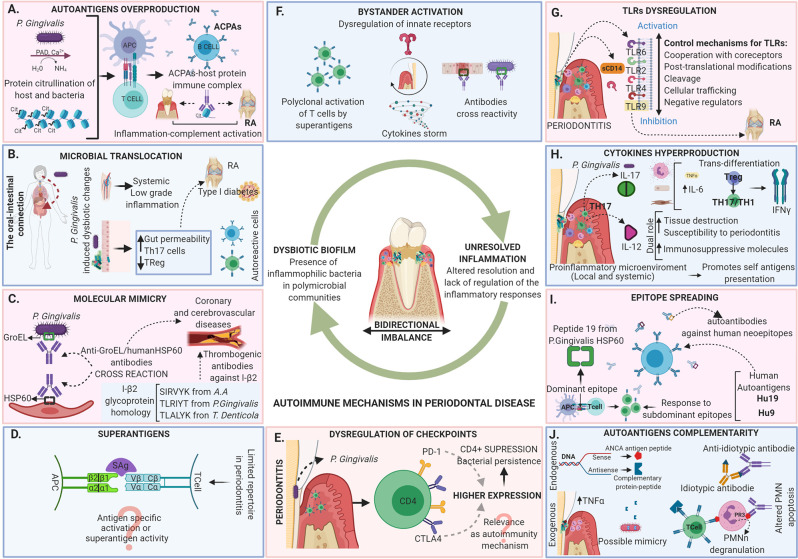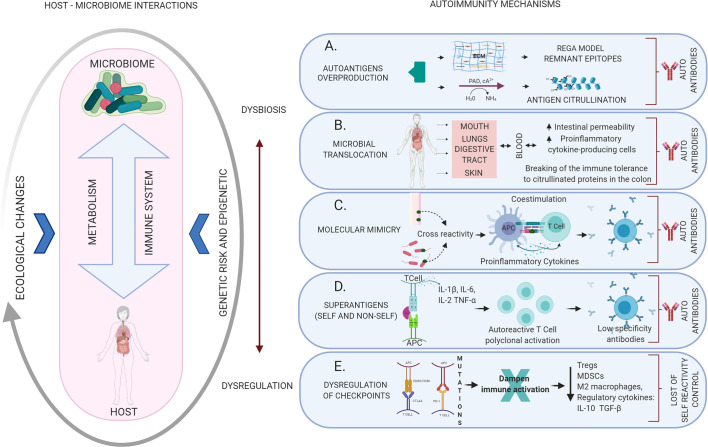Good dental hygiene isn't just about a glowing smile. Developing positive oral health habits benefits your entire body.
Dr Catherine Tannahill, a dentist at
Portman Dentex, explains there is so much more to oral health than pearly whites. "Our teeth act as a gateway to the body, so ensuring you have good oral hygiene means you avoid more serious health conditions," she said.
In fact, failing to keep your mouth healthy has some serious repercussions. "It's thought
half the adult population has gum disease - the first sign is often bleeding gums, known as gingivitis - and studies have shown those with gum disease may be more likely to have a stroke," says Nyree Whitley, chief clinical officer at
mydentist.
Experts have made the link between not enough tooth brushing and heart disease, she warns. "Research has shown people who have poor oral health or suffer from conditions such as gum disease or tooth loss are at increased risk of developing cardiovascular issues."
Bacteria that aren't effectively cleaned from your teeth, gums and tongue can make their way around your body in the bloodstream.
In 2023,
a study by Aberdeen Royal Infirmary found that two-thirds of 160 people admitted with a heart attack had a severe gum infection. Nyree says: "In rare cases, inflammation from bacteria within your mouth can also lead to infection within the lining of your heart, which, over time, could cause clogged arteries."
If your dental health can affect your whole body, what other problems should we all be aware of?
Dementia: Academics have been working to establish a link between dental problems and dementia for some time. Professor Nicola West, who led the
MySmile study at The Bristol Dental School, explains, "Recent studies suggest a clear association between dementia and poor oral health.
"A study has shown oral bacteria were four times more likely to be found in an Alzheimer's brain than a brain without the disease. Other studies have shown that periodontitis is associated with a
sixfold increase in the rate of cognitive decline." Prof West has some positive news, however: "Evidence indicates that if gum disease can be stabilised, it might be possible to slow dementia disease progression.
"Because bleeding gums is a predictor of developing periodontitis, early detection and management is thought to prevent many cases of periodontitis before the effects become irreversible."


